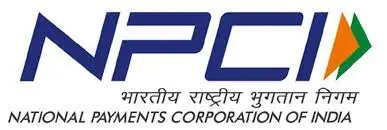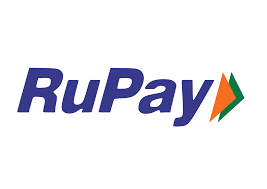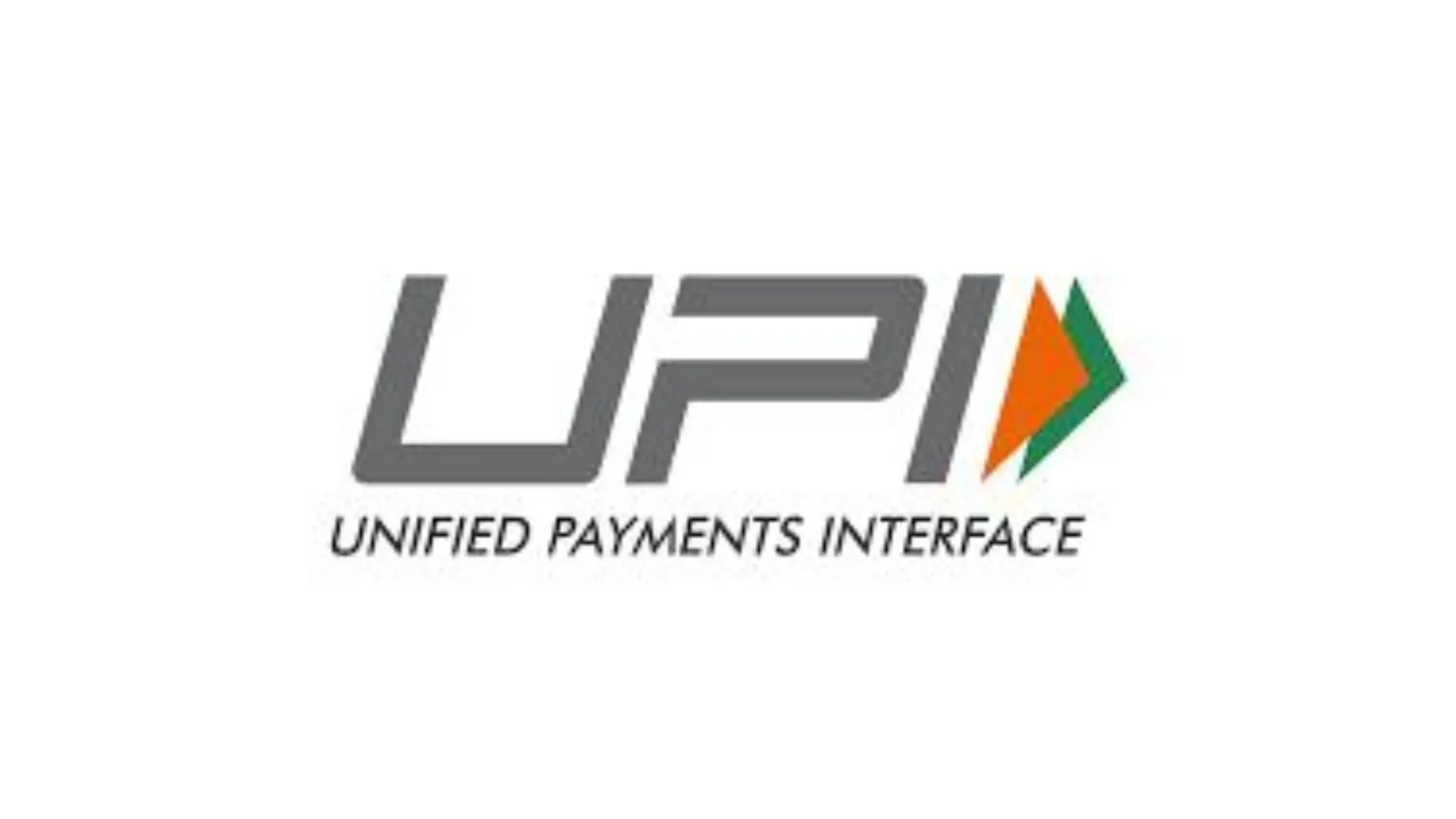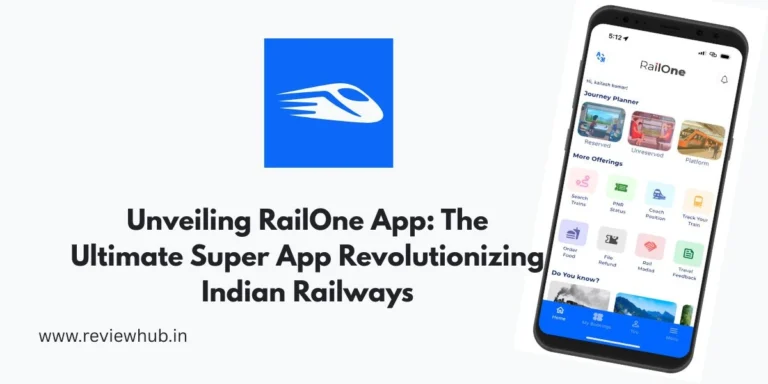Rumors have been doing rounds in the market that UPI transactions of more than ₹2,000 will attract a transaction charge of up to 1.1% of the amount. Some say the charges will be levied only on merchant transactions and not on Peer to Peer (P2P) transactions. But what is the truth? Will the customers have to pay 1.1% extra on UPI transactions above ₹2,000?
If you want the answers, read along. But first, let’s start with a brief introduction to UPI.
What is UPI?
Unified Payments Interface (UPI) is a payment interface that has enabled us to make payments or transfer funds from one bank account to another via mobile phone. UPI payments are free of charge from the day it has been introduced to the Indian market.

All UPI transactions are governed by NPCI (National Payments Corporation of India). For transferring money through UPI, you will need a UPI ID. UPI ID is a unique identification for a bank account involved in a transaction. To further simplify it, mobile applications like Paytm, PhonePe, Google Pay, and more enable users to make the transaction via the user’s contact number. If you want to make a UPI payment to a merchant, you just need to scan a QR code from your mobile application to make the payment. To complete a UPI payment, you need to set up a UPI PIN which is usually a 4 to 6-digit personal identification number.
That was a brief introduction to UPI, now let’s move to our question again.
NPCI introduces PPI interchange charges for UPI transactions above ₹2000
NPCI recently announced that PPI (Prepaid Payment Instruments) interchange charges of 1.1% will be levied on UPI transactions above ₹2,000 starting April 1. The NPCI also said that “the new interchange charges are only applicable for the PPI merchant transactions and there is no charge to customers.” NPCI also said that it will review the charges till September 30th, 2023.
In order to understand this, it is important to understand what is PPI (Prepaid Payment Instruments). Prepaid Payment Instruments generally include online wallets like Paytm wallet, Amazon Pay, pre-paid gift cards, etc.
What is the range of interchange fees?
The interchange fees range from 0.5 to 1.1% in sectors such as fuel, utility payment, supermarkets, etc. For example, the users will be charged 0.5% for UPI transactions on fuel purchases, 0.7% for utility, telecom, education, and agriculture, 0.9% for supermarkets, and 1% for mutual funds, insurance, and railways. However, the interchange fee is capped according to the sectors. These include ₹5 for railway transactions, ₹10 for agriculture and government payments, and ₹15 for education and utilities.

The apps issuing wallet services (PPI) like Paytm, PhonePe, Amazon Pay, Fastag, etc will have to pay an advanced wallet loading service charge of 15bps to the remitter bank if the loading transaction value is greater than ₹2,000.
You might also like
What will change with this update?
With this update, the interoperability between UPI and wallets will allow you to use your wallet to make the payment using the same UPI QR code.
I hope I have answered all your question in this post. However, here are a few FAQs that you might want to know.
FAQ
Will customers be charged for UPI payments above ₹2,000?
No. There are no charges for the bank account to bank account-based UPI payments. The interchange charges introduced are only applicable for the PPI (digital wallet) merchant transactions and there is no charge to customers.
How will consumers benefit?
With this update, the interoperability will allow you to use a RuPay Credit card, and prepaid wallet on UPI-enabled apps using the same UPI QR code.
How will merchants benefit?
Many merchants use wallets for accepting customer payments. Interoperability will allow merchants to accept wallet payments even if the customer is using his/her bank account to make the payment.
That being said, we still have some unanswered questions such as:
Will I be charged if pay my credit card bill via UPI from CRED or other apps?
Will I be charged if I load money to Zerodha, upstock, or other similar platforms?
If you have answers to these questions or if you have any other questions, please let us know in the comments below.
That’s all in this one. I hope this answers your question regarding UPI transaction charges after the introduction of new interchange fees by NPCI.
For more news about upcoming smartphones and popular products, and recommendations follow us on Facebook, Instagram, and Twitter.
Some of the links on our website are affiliate links. This means that if you click on these links and make a purchase, we may earn a small commission at no additional cost to you. These commissions help us maintain and improve our website, enabling us to keep delivering valuable content to you.




